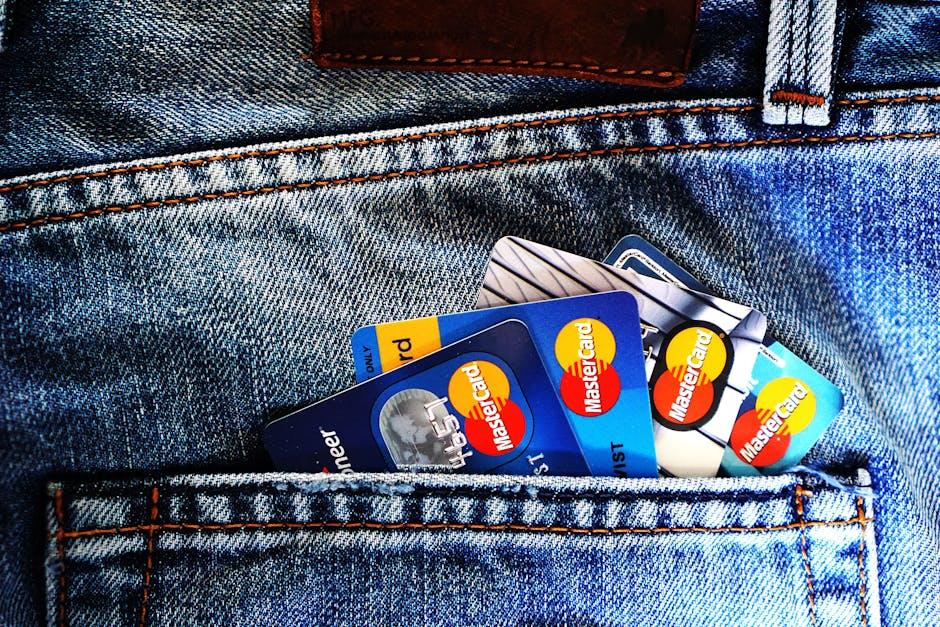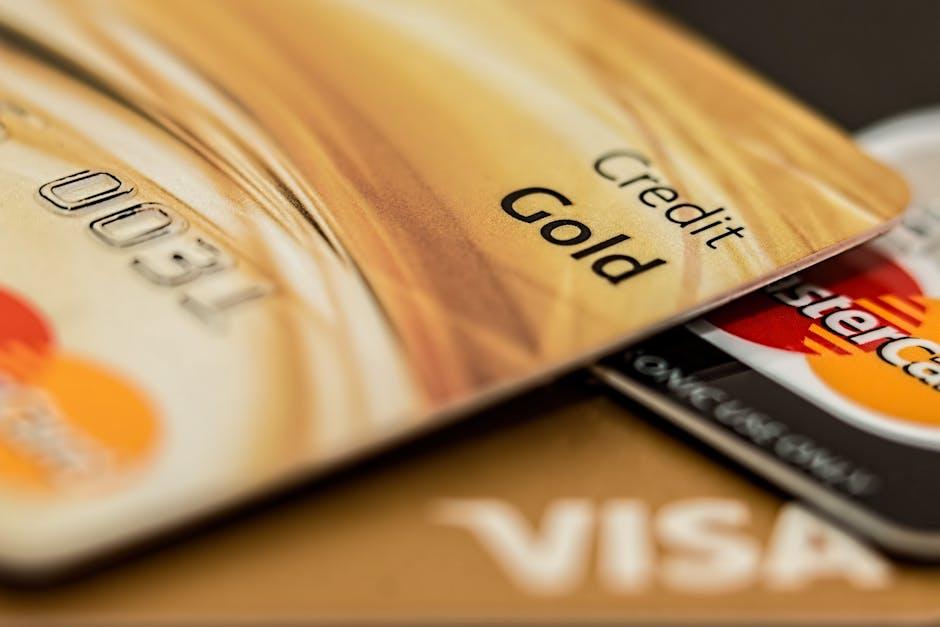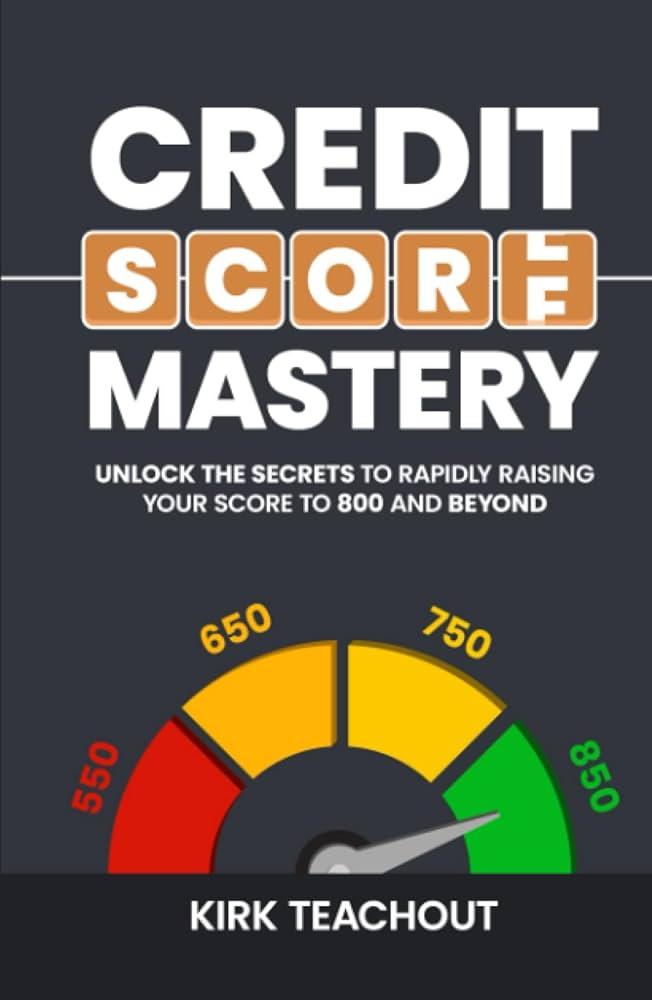Hey there, money mavens and finance newbies alike! Ever wondered why that magical three-digit number, your credit score, seems to have so much control over your financial life? Whether you’re applying for a loan, seeking to snag a lower interest rate, or just trying to rent an apartment, your credit score is like the backstage pass that grants you access (or not) to a smoother life. But don’t worry, if your score isn’t quite concert-ready, we’ve got you covered. Let’s dive into the nitty-gritty of why this little number is so crucial and share some practical, easy-to-follow tips on how to boost it. Ready? Let’s get into it!
Why Your Credit Score Matters More Than You Think
Ever wonder why everyone keeps talking about credit scores? Well, it’s because they play a huge role in your financial life. Your credit score can affect everything from getting a loan for a car to renting an apartment. A higher score means you’re more likely to get approved and get better terms on loans and credit cards, which can save you tons of money. On the flip side, a lower score can limit your options and make things pricier. Let’s break it down:
- Better Interest Rates: Lenders are more likely to offer you lower interest rates.
- Loan Approvals: Easier to get approved for mortgages and personal loans.
- Renting a Home: Higher scores often make it easier to rent an apartment.
- Job Opportunities: Some employers do credit checks as part of the hiring process.
So, how can you improve your credit score? It’s easier than you might think:
| Action | Impact |
|---|---|
| Pay Bills on Time | High |
| Reduce Debt | High |
| Avoid Opening Many New Accounts | Moderate |
| Check Your Report for Errors | Moderate |
By focusing on these steps, you’ll see your score start to climb. And trust me, your future self will thank you!

Breaking Down the Key Factors That Impact Your Credit Score
Your credit score is more than just a number; it’s a snapshot of your financial health. Several key factors play a big role in determining this score. Some of the most important include:
- Payment History: Do you pay your bills on time? Even one missed payment can impact your score.
- Credit Utilization: How much of your available credit are you using? Aim to keep it below 30%.
- Length of Credit History: How long have you had credit? A longer history generally improves your score.
For better understanding, let’s look at a quick snapshot:
| Factor | Impact on Score |
|---|---|
| Payment History | 35% |
| Credit Utilization | 30% |
| Length of Credit History | 15% |
| New Credit | 10% |
| Credit Mix | 10% |
As you can see, paying attention to these factors can significantly impact your score, making it easier to improve your financial standing.

Easy Habits to Start Today for a Healthier Credit Score
Improving your credit score doesn’t have to be complicated. Here are some super easy habits you can start today to give your credit a boost:
- Pay bills on time: This is one of the biggest factors in your credit score. Set reminders or use automatic payments to make sure you never miss a due date.
- Keep credit card balances low: Aim to use less than 30% of your available credit. If your limit is $1,000, try to keep your balance below $300.
- Check your credit report: Regularly review your report for errors or fraudulent activity. You can get a free copy from each of the three major credit bureaus once a year at AnnualCreditReport.com.
Incorporating these habits into your daily routine is easy and can make a big difference. Let’s take a look at a quick comparison of what to do and what not to do:
| Do | Don’t |
|---|---|
| Pay bills on time. | Ignore due dates. |
| Keep balances low. | Max out credit cards. |
| Check credit report regularly. | Forget about checking your report. |

Step-by-Step Guide to Rebuilding Your Credit
Fixing your credit can feel like a massive task, but breaking it down into smaller, manageable steps can make it totally doable. First things first, review your credit report. You can get one free copy from each of the three major credit bureaus—Experian, Equifax, and TransUnion—once every 12 months. Check these reports for mistakes and dispute any errors you find. Mistakes could be incorrect account information, unauthorized transactions, or even outdated personal information. Fixing such errors can give your score a quick boost.
Next up, focus on paying your bills on time. Payment history is a big deal for your credit score, so setting reminders or automating payments can help. Plus, if you have debts, start working on paying them down. Consider using the snowball method—paying off small debts first to gain momentum—or the avalanche method—tackling high-interest debts first to save money in the long run. Check out the two methods side-by-side:
<table class="wp-block-table">
<thead>
<tr>
<th>Method</th>
<th>Focus</th>
<th>Benefit</th>
</tr>
</thead>
<tbody>
<tr>
<td>Snowball</td>
<td>Smallest debt first</td>
<td>Mental victory, sense of accomplishment</td>
</tr>
<tr>
<td>Avalanche</td>
<td>Highest interest debt first</td>
<td>Save money on interest</td>
</tr>
</tbody>
</table>
Q&A
Q1: What exactly is a credit score and why should I care about it?
A1: Great question! A credit score is basically a number that represents your creditworthiness, or how likely you are to repay a loan. It ranges from 300 to 850. The higher your score, the better. You should care because this score affects everything from getting approved for loans and credit cards to the interest rates you’ll pay. It’s kind of a big deal!
Q2: I’ve heard I have more than one credit score. Is that true?
A2: Yep, that’s true! You actually have several credit scores because there are different credit reporting agencies—like Experian, TransUnion, and Equifax. Plus, there are different scoring models, like FICO and VantageScore. It sounds confusing, but they all generally follow the same guidelines.
Q3: So what’s a ”good” credit score anyway?
A3: Typically, a score between 670 and 739 is considered good. However, a score of 740 or higher is considered very good to excellent. If you’re aiming for top-tier interest rates and loan approvals, shoot for the high 700s or above.
Q4: How is my credit score calculated?
A4: Your credit score is calculated based on several factors, including your payment history (whether you pay on time), the amount you owe, the length of your credit history, new credit inquiries, and the types of credit you use. Payment history and total amount owed are the biggest components.
Q5: Alright, I’m sold. How can I improve my credit score?
A5: Awesome! Here are some tips:
- Pay your bills on time: Late payments can seriously hurt your score.
- Reduce your debt: Lower the amount of money you owe compared to your total credit limit.
- Check your credit report: Errors can drag your score down, so make sure everything is accurate.
- Don’t open too many new accounts at once: Each credit inquiry can slightly ding your score.
- Maintain old accounts: The length of your credit history matters.
Q6: How quickly can I expect to see improvements?
A6: Patience is key! You might see minor improvements within a few months, but significant changes can take around 6 to 12 months, or even longer. The important thing is to consistently practice good credit habits.
Q7: What if I’ve got no credit history? How can I build it?
A7: No worries, we all start somewhere! Consider starting with a secured credit card, which requires a deposit that serves as your credit limit. You could also look into credit-builder loans or becoming an authorized user on someone else’s credit card.
Q8: Is it true that checking my own credit score will lower it?
A8: Thankfully, no! Checking your own credit score is called a “soft inquiry” and it doesn’t affect your score. “Hard inquiries,” like when you apply for a loan or a new credit card, can impact your score, but usually just by a few points.
Q9: Any myths about credit scores I should know about?
A9: Sure thing! One common myth is that using a debit card will help build your credit score. It won’t! Another is carrying a small balance to improve your score—it’s actually better to pay off your balance each month. Lastly, closing old accounts can harm, not help, your score because it can shorten your credit history and lower your available credit.
Q10: Any last pieces of advice?
A10: Just stay proactive! Regularly review your credit reports, stay on top of your payments, and don’t let setbacks discourage you. Building good credit is a marathon, not a sprint. You’ve got this!
Q11: Where can I check my credit score for free?
A11: There are plenty of places! Websites like Credit Karma, AnnualCreditReport.com, and even some credit card issuers offer free credit score services. Just make sure you’re using a trustworthy site.
And there you go! Understanding and improving your credit score doesn’t have to be a headache. With a little effort and consistency, you can definitely boost that number. Happy credit-building!
Insights and Conclusions
So, there you have it! We’ve unraveled the mystery behind credit scores, why they’re essential, and shared some straightforward tips to give yours a boost. Remember, improving your credit score isn’t a sprint—it’s more like a marathon. It takes patience, consistency, and a bit of savvy financial maneuvering. Whether you’re eyeing that dream home, hoping for a new ride, or just aiming for some peace of mind, a healthy credit score is your trusty companion on the journey to financial freedom.
Thanks for sticking around and delving into the world of credit with me. Got any questions or tips of your own? Feel free to share below—I’d love to hear your thoughts and stories!
Until next time, keep those finances in check and your score climbing high. Catch you later!


